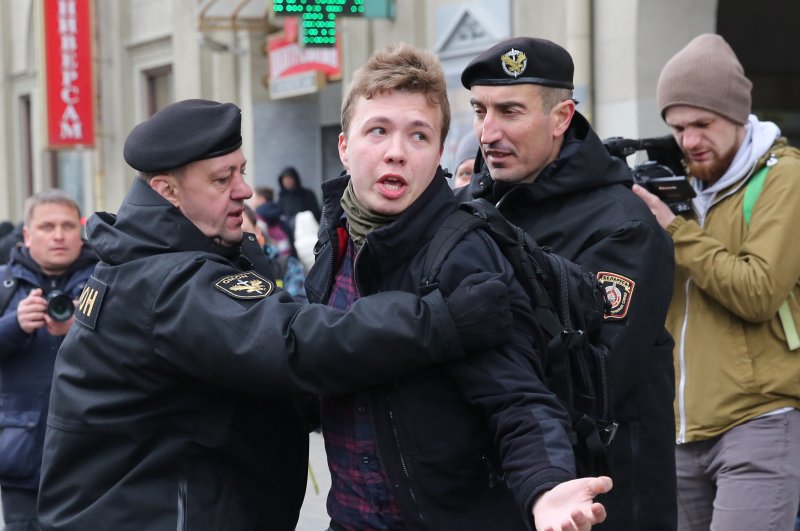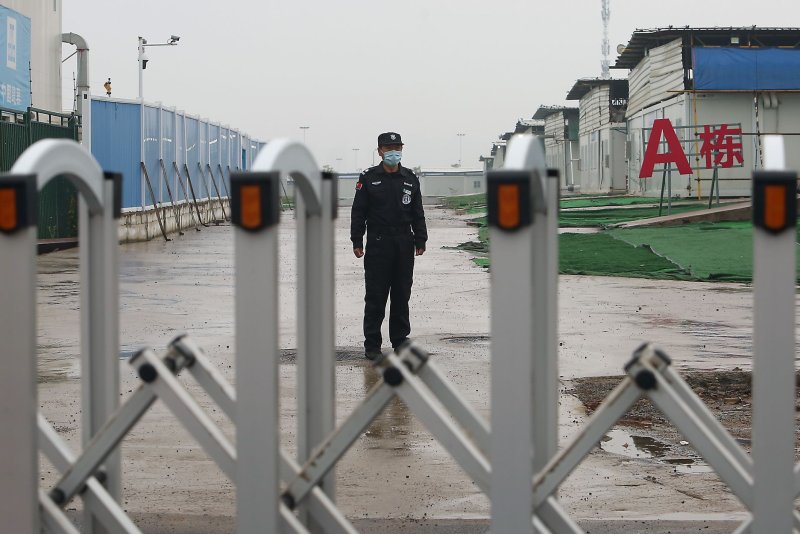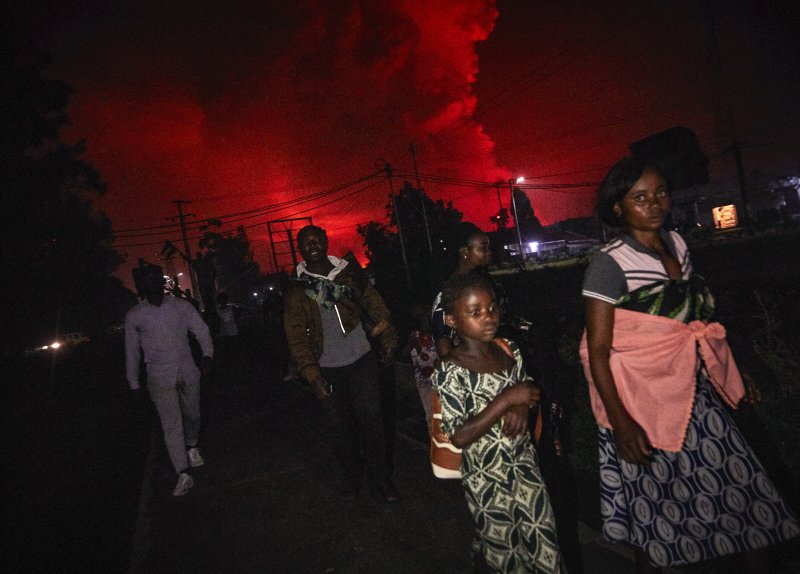
Japan has not canceled the Tokyo Olympics despite popular opposition to holding the Summer Games in 2021. File Photo by Keizo Mori/UPI | License Photo
May 24 (UPI) -- The International Olympic Committee is drawing rebuke in Japan after senior officials said the Tokyo Olympics should go ahead as planned despite the ongoing surge in COVID-19.
Japanese commenters on social media platforms say that IOC President Thomas Bach and Vice President John Coates are disregarding Japanese public opinion and forcing the Summer Games to be held despite opposition, The Guardian reported Monday.
On Twitter, one commenter said, "Thomas Bach and John Coates are neck and neck in the race for the most hated pariah here. I predict a dead heat," the report said.
The reaction comes after Bach said Saturday that sacrifices are needed to make the Olympics happen, despite the ongoing global pandemic.
RELATED Japan may not be able to cancel Olympics, even if it wants to
"The athletes definitely can make their Olympic dreams come true," Bach told representatives of the International Hockey Federation. "We have to make some sacrifices to make this possible."
Bach also praised the "resilience" of the Japanese people, the report said. His use of the word "sacrifice" is angering people on Twitter.
"Why do people in Japan have to make a sacrifice for Olympics during a worldwide pandemic? It is definitely not acceptable," the user said.
RELATED IOC chief to send medical staff to Tokyo Olympics
According to Softbank Group chief executive Masayoshi Son, 80% of Japanese want the Olympics postponed again or canceled.
Canceling the Olympics could mean Olympic insurers could stand to lose $2 to $3 billion, according to estimates from investment bank Jeffries earlier this year.
Any decision to cancel may largely be up to the IOC. According to Alexandre Miguel Mestre, the committee "owns" the Olympics and the powerful organization alone can terminate a Games contract, the BBC reported.
Japan may have even fewer incentives to call for a cancelation. Professor Jack Anderson at the University of Melbourne told the BBC that if Japan were to unilaterally cancel, the risks and losses would fall with the local organizing committee.
A Japan-IOC joint agreement to cancel would trigger insurance claims. Anderson said it would be the "biggest insurance payout event of its kind."
Insurance still would not cover indirect costs associated with investments across the economy, however, the report said
A Japan-IOC joint agreement to cancel would trigger insurance claims. Anderson said it would be the "biggest insurance payout event of its kind."
Insurance still would not cover indirect costs associated with investments across the economy, however, the report said








